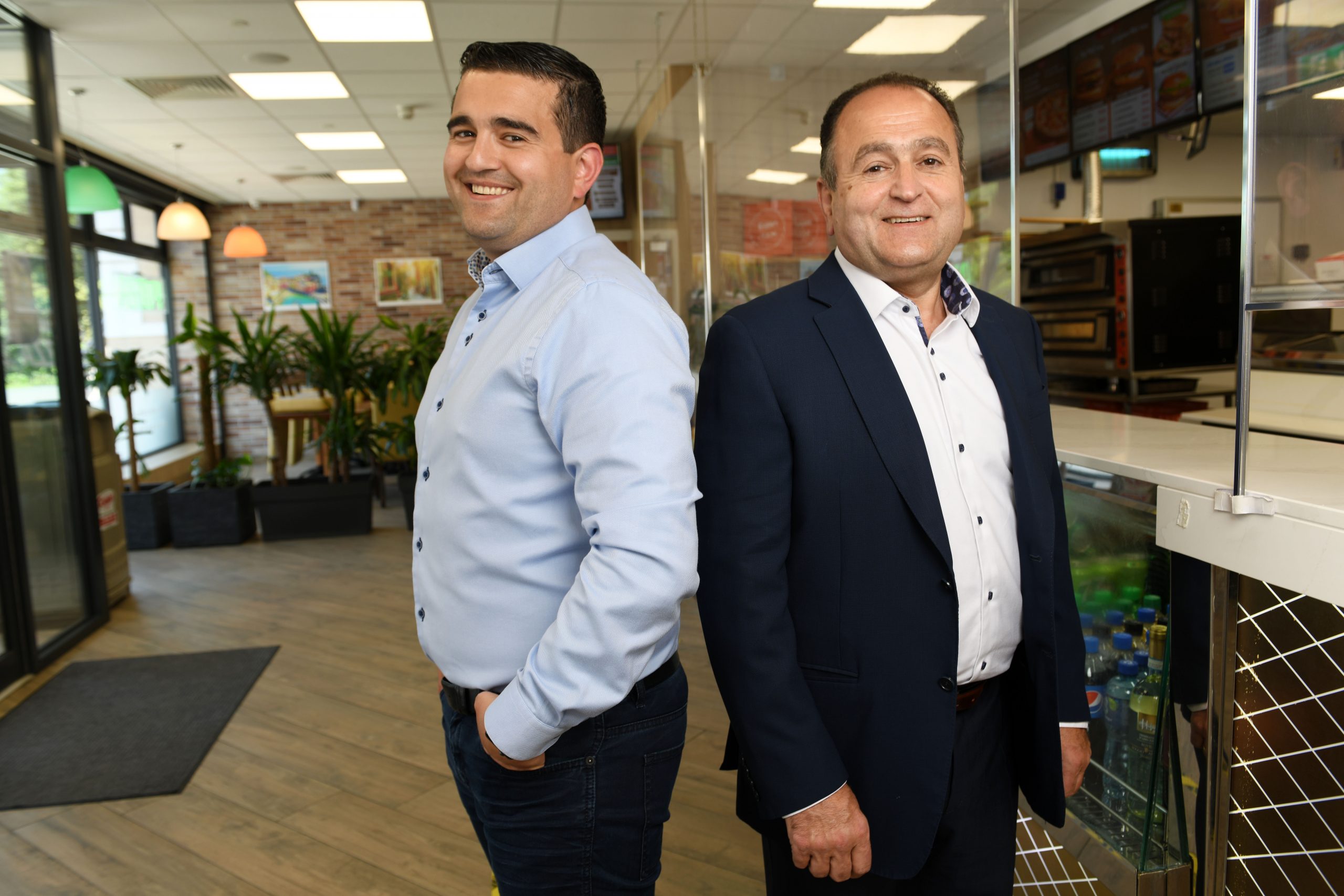Dominic Macari believes he is a ‘Dub’ more than an Italian at this stage. This didn’t stop him from celebrating Italy’s win over England in the Euro’s 2020 final. Macari and his family moved to Ireland when he was a baby in 1959. His father set up a couple of local fast-food diners in Dublin and Macari was involved from a young age. Years later, Macari married Irish woman Patricia, and the pair opened a takeaway in Longford, where they were living at the time, called Luigi’s. “A lot of Italians would have moved abroad. There’d be a good Italian…
Cancel at any time. Are you already a member? Log in here.
Want to read the full story?
Unlock this article – and everything else on The Currency – with an annual membership and receive a free Samsonite Upscape suitcase, retailing at €235, delivered to your door.

